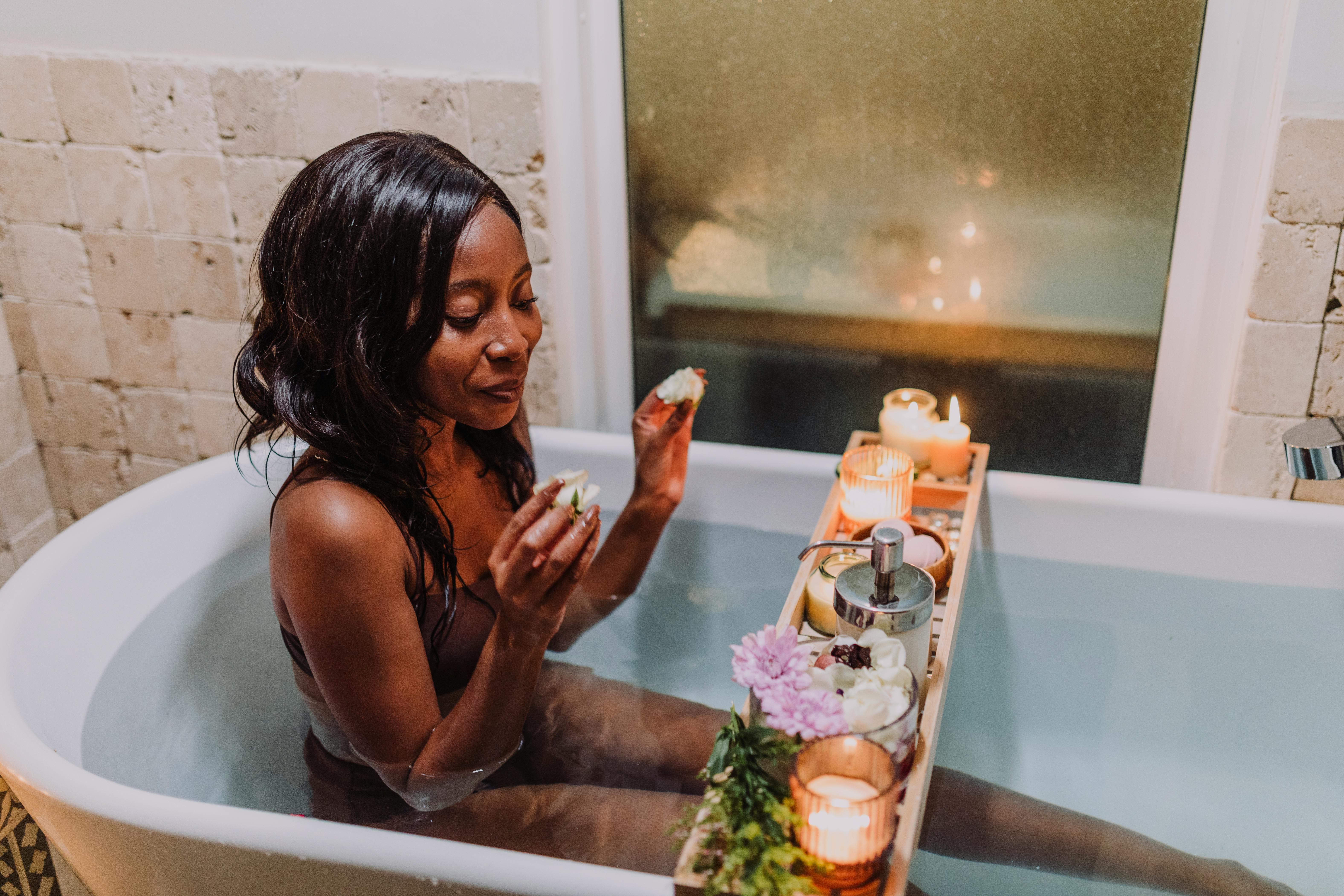You may be surprised to find an article on Down syndrome and sexuality, as few doctors mention this topic and it is often not included in the typical Down syndrome prognosis and diagnosis. However, it shouldn’t surprise you.
The common perception is that people with disabilities have no interest or capacity for adult relationships that the rest of us take for granted. However, this is completely false.
People with Down syndrome go through puberty like everyone else and have the same feelings and desires as everyone else. However, this is nothing to fear. With a little education tailored to their particular needs, adults with Down syndrome can learn to be smart about their sexuality and learn to minimize the risk of dangerous situations.
1. Sexuality is part of everyone’s life
When we talk about sexuality and Down syndrome, we are not only talking about adolescents and adults. All human beings go through different stages of sexual development, beginning when they are babies.
The first stage is to develop emotional bonds with parents and family members. School-age children grapple with the beginnings of modesty and the desire for privacy. Of course, teenagers enter puberty and begin to feel sexual desire. There is nothing to be ashamed of, but adolescents with Down syndrome should be given a proper education to make sure they know how to handle these feelings appropriately.
2. The decline in institutionalization created more opportunities for people with Down syndrome
Until the 1960s and 1970s, people with Down syndrome used to be institutionalized in single-sex buildings and did not have many opportunities to interact with the opposite sex. Now, people with Down syndrome have independence and opportunities available to them, and it only follows that they must also want what is available to all other members of society: the right to develop and pursue meaningful relationships.
3. There are additional difficulties for people with Down syndrome in relation to sexuality
Of course, there are added difficulties when it comes to people with Down syndrome and sexuality. It is probably obvious that there is much more prejudice towards people with Down syndrome who engage in sexual behaviors.
Parents are also much more anxious about it. Unfortunately, there is a good reason for this anxiety. People with Down syndrome have cognitive deficits that make them more likely to be victims of sexual abuse, unwanted pregnancy, or sexually transmitted diseases. Women, especially, are vulnerable to problems of abuse and exploitation. They may not know the difference between “good touch” and “bad touch.” They may not be able to say no if something makes them uncomfortable. They may feel lonely and willing to put up with inappropriate behavior to get attention.
The isolation and communication problems that many people with Down syndrome face can make it difficult for them to access sources of support that will help them make decisions that are appropriate for them.
4. There are ways to prevent exploitation and abuse
The best way to help young people with Down syndrome be smart about their sexuality is to start educating them while they are still young. Sex education for children with Down syndrome should begin in high school and should focus on personal safety.
Children should be taught the difference between a good touch and a bad touch, and how to “just say no” to advances or touches they don’t want. A concept called “Circles” can be used for older or more cognitively advanced children. The circles represent different levels of personal relationship and intimacy. Students learn the appropriate contact behaviors for each level. They then learn that sometimes a friend may want to be closer to what they want, in which case they have to tell them very clearly “STOP.”
Sex education should be individualized for each student with Down syndrome based on their ability to understand the material. However, it is important to cover all the things that would normally be covered in sex ed, because teens with Down syndrome will likely need to know these things sooner rather than later, to stay safe.
The more you talk openly and honestly with your teen or young adult with Down syndrome about sexuality, the more confident they will be. The more they understand, the better they will both feel about this aspect of their lives.
Dating is also something that teens with Down syndrome will often want to try for themselves. Certain social skills are required in order to date, and these skills can be taught if necessary.
5. People with Down syndrome can get married.
Marriage is by no means common for people with Down syndrome, but it is still becoming more and more common. Many scoff at the idea and wonder how two people who still need helpers to function in the world could live together and manage household chores, but it can be done.
Tea Wall street journal did an article on some of the problems of marriages with Down syndrome.
“There is a growing sense of need to catch up, with middle and high schools beginning to offer sex education and social skills courses tailored to teens with Down syndrome and other cognitive disabilities.” There’s no reason to think they’d have a different libido, “says William I. Cohen, who directs the Western Pennsylvania Down Syndrome Center at Children’s Hospital of Pittsburgh.” They want what we all want: friendship, companionship, love. “(” A Young Woman Plans Her Wedding, “Amy Marcus, Wall Street Journal, October 2005)
Marcus also reports on a discussion a young woman with Down syndrome had with her mother about her upcoming marriage to another young man with Down syndrome:
“At one point, you raised the issue with your daughter: Weren’t you worried that after getting married, Ms. Bergeron might have to take care of Mr. Desai?
“Don’t you take care of daddy? Doesn’t Sujeet’s mother take care of her husband? Isn’t that what wives do?” her mother says Ms. Bergeron responded. “She put me in my place,” Ms. Bergeron said. “I backed off.”
Fertility problems
Most men with Down syndrome are infertile (but not all). Most females have reduced fertility but are still quite fertile. It will be important to teach the couple how to use birth control responsibly.
Love and romantic relationships can be a wonderful thing. There is no reason why people with Down syndrome should miss out on one of life’s greatest benefits, especially when they are biologically and psychologically capable of doing so. You just need to take a few extra precautions to make sure your loved one with Down syndrome is prepared, educating them about sexuality and all that this might entail.


